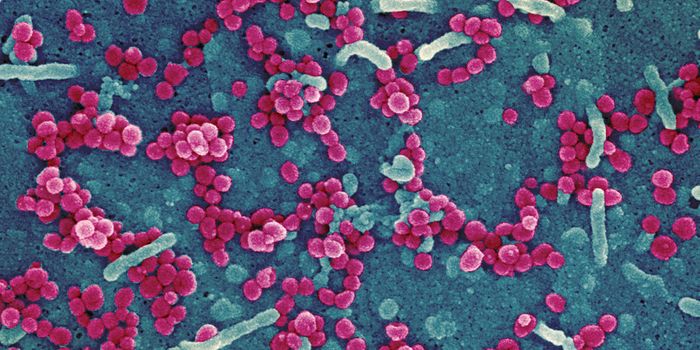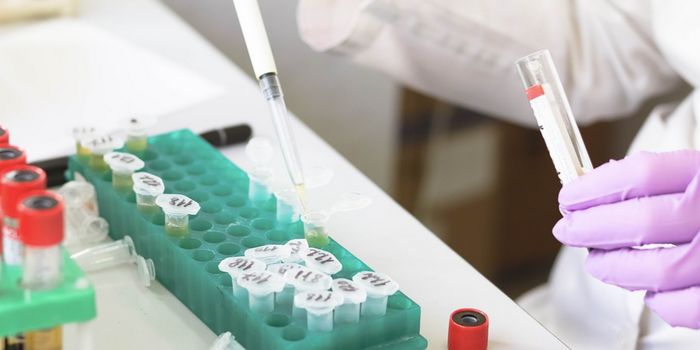How the Right QC Provider Can Help You Meet Accreditation Requirements
Strengthen Your Lab's Quality Control System
Introduction
Choosing the right quality control (QC) system for your laboratory is essential. Not only is it required by worldwide regulations and standards such as the International Organization of Standardization (ISO), the Clinical and Laboratory Standards Institute (CLSI), and College of American Pathologists (CAP), but QC helps ensure patient results are reliable and medically useful. Just as important is the right QC provider. Bio-Rad Laboratories provides a wide range of simple, effective solutions to help meet general regulatory/accreditation standards and provide greater confidence in the laboratory’s performance. Here are some of the requirements Bio-Rad can help meet.
Participating in an interlaboratory program
Interlaboratory programs are an important component of accreditation. The Bio-Rad Unity™ Quality Control (QC) Peer Reporting Program is the most robust worldwide peer reporting program available and evaluates your laboratory’s analytical performance by comparing your results against thousands of other labs for the same QC materials. With over 29,000 participating laboratories and >65,000,000 QC results processed each month, Bio-Rad provides a best-in-class QC peer reporting experience.
Running multiple control concentration levels of QC per day
Most lab regulations require the testing of two different control concentrations for quantitative tests each day of patient testing, and both positive and negative controls for qualitative tests. Unity accepts and evaluates multiple concentration levels and controls with both quantitative and qualitative data entry solutions and can compare them across like instruments in the laboratory or network.
Calculating statistical parameters and capturing QC data for each test
Unity data management solutions help determine mean and standard deviation (SD) parameters and plot all QC data obtained from each testing event on a Levy-Jennings chart. Instant access to reports provides on-demand laboratory comparison results.
Regularly reviewing QC data to detect performance trends
Identifying trends is not only required by many accreditation bodies, but it helps keep the lab ahead of the curve and aware of potential performance issues before they become problematic. Instrument issues, reagent changes, and shifts that occur between external quality assurance (EQA) (proficiency testing) events can be detected automatically with Unity. Additionally, periodic review of the lab’s QC results can inform the lab how they are performing relative to a larger population, identifying issues before a PT event, or even becoming aware of a global trend before it affects their lab.
Conclusion
Choosing the right QC system and provider for the lab’s needs is crucial to meeting regulatory and accreditation requirements as well as delivering consistent, accurate patient test results. Visit www.bio-rad.com/en-us/a/qm/data-management-systems to explore Bio-Rad’s full portfolio of Unity QC options.
Ready to streamline your quality control processes and boost efficiency? Discover expert insights on QC practices and robust lab processes—read “Optimizing QC Procedures” here and take the first step toward smarter solutions.










